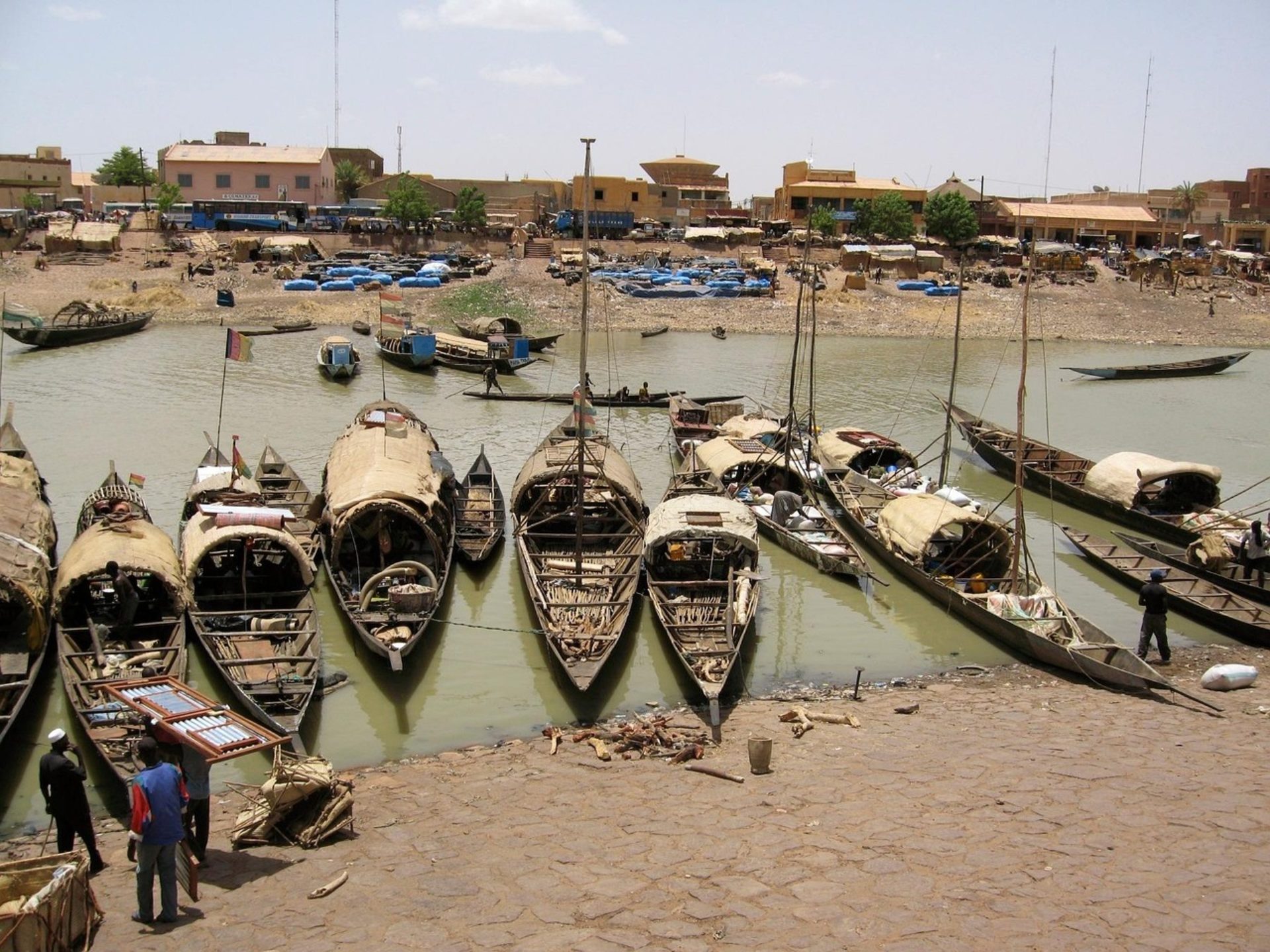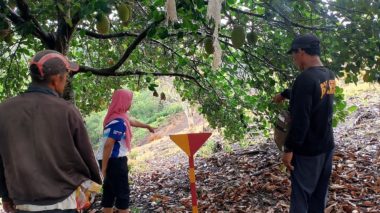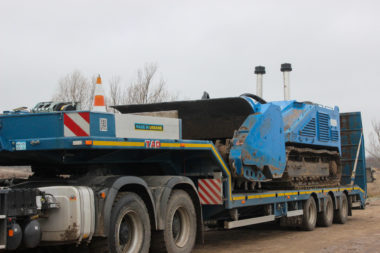We use audience measurement tools (such as Google Analytics 4 and Clarity), via Google Tag Manager, to understand how the website is used and to improve it. The data are used for statistical purposes only and are not used for targeted advertising.
Mali

Mine Action
Humanitarian demining
Capacity building
FSD was active in Mali between 2013 and 2014, in partnership with UNICEF, UNMAS and other international actors, to train national specialists and strengthen community safety in relation to explosive hazards. These activities contributed to advancing mine action in Mali.
Improvised explosive devices
Mali has faced growing instability since 2012, following the Tuareg rebellion in the northern regions of Timbuktu, Gao and Kidal. Initial contamination came from conventional weapons, landmines and unexploded ordnance, but non-state armed groups soon began using improvised explosive devices. In the absence of a national mine action authority, the country relied on external organisations to coordinate demining efforts and protect communities.
Strengthening explosive risk prevention and management
Between 2013 and 2014, FSD implemented a project on explosive ordnance risk education and another on ammunition safety management in partnership with UNICEF, UNMAS and other international actors. These initiatives helped train national experts to deliver explosive ordnance risk education sessions for local communities and to strengthen national capacity for the safe management of weapons and ammunition stockpiles.
From Bosnia to Ukraine
Discover our story
For nearly 30 years, FSD has been working to make land safer. Explore the key milestones of our humanitarian work since our first demining operation in 1998.
Latest news from FSD
View all
Mindanao: A New Operational Centre Enabling a Rapid Response to Explosive Risks
Until recently, many residents were reluctant to report the presence of these items, due to fear, mistrust, or a lack…
Humanitarian demining Philippines

QR Codes to Save Lives
In Kharkiv province, Ukraine, residents live every day with the invisible yet very real presence of explosive remnants of war. FSD…
Prevention and risk education

FSD strengthens Ukraine’s mechanical demining capacity
FSD has launched a new project funded by the Swiss State Secretariat for Economic Affairs (SECO) to help the State…
Machines, drones and technology Humanitarian demining Non catégorisé